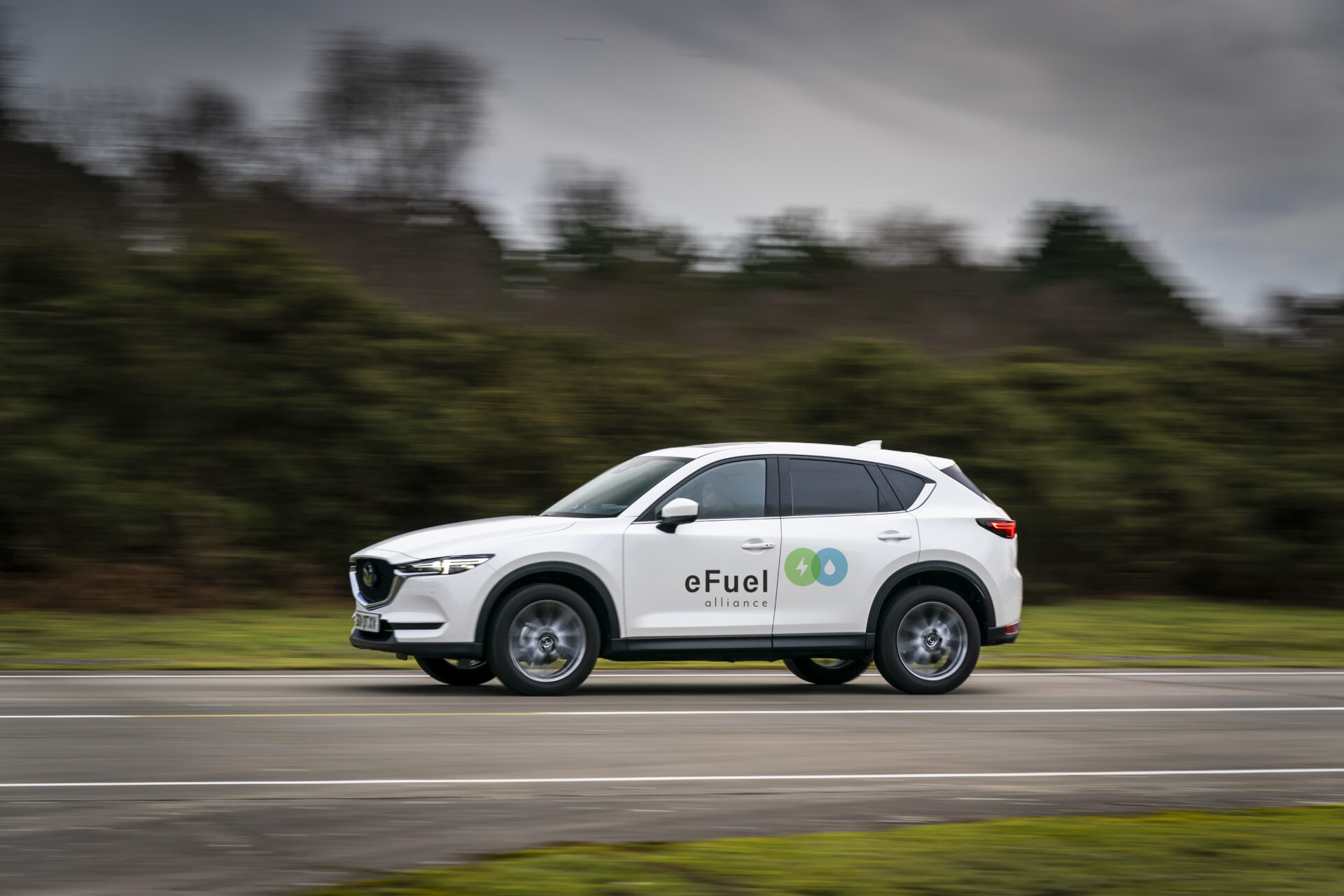Taking this step is now more crucial than ever. The increased cost of energy and fuel for heating or refueling due to Russia's invasion of Ukraine presents a major challenge for many consumers. The crisis clearly illustrates the European energy dilemma. We are too dependent on fossil fuels which come from a small number of suppliers. Yet the war in Russia lays bare our dependency on Russian gas, oil and coal.
EU Member States are now urgently searching for short-term alternatives to avoid energy shortages which could be caused if Russia cut off supplies. The EU Commission has also presented initial measures to drive diversification of both energy imports and energy sources. However, in the view of the eFuel Alliance, efforts to date fail to create real demand for alternative energy imports such as climate-neutral eFuels. This is particularly incomprehensible because eFuels can be produced in different countries around the world and existing infrastructure such as pipelines, storage and refineries can continue to be used. The result would be a diversification of green energy supply as well as global added value.
All this can be achieved by setting at a minimum of 20% a greenhouse gas reduction rate in the Renewable Energy Directive (REDIII), part of the European climate package which is currently under discussion. Affordability could be assured through the drop-in capability of eFuels which can be blended with conventional petrol or diesel, and through an energy tax adjustment currently under discussion at EU level.
"The course must now be set to overcome the European energy dilemma of high energy import dependency from Russia on the one hand and the phase-out of fossil fuels on the other. It is absolutely clear that eFuels and hydrogen are of crucial importance to solve the problem," says Ralf Diemer, Managing Director of the eFuel Alliance.
In 2019 about 60% of Europe's energy was imported. In the European energy mix the share of renewable energy was only 15%, while fossil energy carriers made up for 71% (the rest is covered by nuclear and other forms of energy). Most EU member states and especially Germany are far away from an environmentally friendly, climate-neutral and stable energy supply. "Given this energy policy situation, we can no longer afford the luxury of regulatory exclusion of important sectors from the use of eFuels, which would allow the technology to scale up immediately," explains Diemer. He adds that the necessary political framework now needs to be created all the more urgently to enable eFuel production on an industrial scale. If the large-scale production of eFuels production begins now, the first volumes of climate-neutral fuels will be available as early as 2025, and at affordable prices.
Consider global aspect
In a detailed paper, the eFuel Alliance has outlined possible solutions that could now be implemented within the EU climate package, also called the “Fit-for-55 package”. The global dimension plays an important role – especially in the expansion of renewable energies. Reserves of fossil fuels are largely concentrated in few regions of the world, which increases dependence on individual, often non-democratic states.
The potential of renewable energies, on the other hand, is much more diversely distributed. However, renewable electricity is difficult to store and transport over long distances. Therefore, conversion into chemical energy carriers such as eFuels is necessary to exploit global potential. eFuels can be produced where climatic and geographic conditions allow low-cost production and where there is no competition for land-use. A wind turbine in Chile has on average about 4 times more full load hours than a comparable one in Germany.
Set greenhouse gas reduction quota
The consultations on the Fit-for-55 package should now focus on the key EU legislative initiatives if climate targets are to be met and energy import dependency decisively lowered. The negotiations on the climate package offer a unique opportunity to make the European energy system sustainable and diverse. This goal will only be met if the Renewable Energy Directive is revised to encourage investment in renewable fuels as soon as possible.
"We are convinced renewable fuels can replace up to 70% of Russia's crude oil imports by 2030 if the greenhouse gas reduction quota is set at 20% in the revision of the Renewable Energy Directive,” says Monika Griefahn, spokesperson for the eFuel Alliance. "In addition, 60 million tons of CO2 will be saved and, in our view, the climate targets set can be achieved if decision makers are open to every climate neutral technology, i.e. eFuels are considered for all sectors."
Energy tax – reform the directive
The energy tax currently does not differentiate between renewable and fossil fuels. To change this, the European member states have to decide unanimously in favor of climate protection, as is currently the case with other issues. An amendment to this effect would provide clear investment incentives in sustainable fuels.
In Germany, for the first time, Super E10 with a bioethanol content of 10% is cheaper than diesel, which contains lower proportions of biofuels. A fair tax policy that also reflects the CO2 footprint of fuels in terms of price could ensure even cheaper gasoline prices at the pumps. Low blending levels of eFuels could also dampen price increases. 5% eFuels would raise the price of fuel at the pump by just 7 ct/l, according to a study by the German Institute of Economics. That is less than the introduction of the CO2 price on fuels in Germany in 2020. With larger volumes, the production price of eFuels will decrease, keeping the price stable, while the percentage blended grows.
For Europe this represents a chance to ensure that the conflict in Ukraine marks a turning point for European energy policy – one which benefits the climate and protects our consumers.

